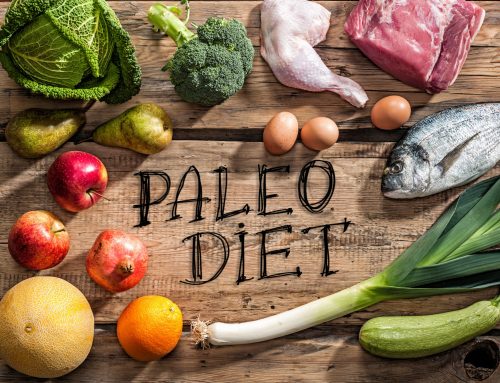Eating a nutritious diet is essential to your health. Unfortunately, nutritional deficiencies are all too common among people in the United States. Over time, these deficiencies can cause a host of issues ranging from fatigue to memory trouble. For this reason, it is important to identify the components missing from your diet and replace them before they cause a problem.
Below are the seven nutrients you are most likely to be missing in your diet, as determined by the Centers for Disease Control.
- Vitamin B6.
Vitamin B6, or pyridoxine, is responsible for making myelin, which is a compound that protects your nerve cells. Vitamin B6 is also essential for making norepinephrine and serotonin, two chemicals that regulate signals in the brain.
If you have a Vitamin B6 deficiency, you may experience problems with your circulatory system, skin and nerves. To increase the amount of Vitamin B6 in your diet, consume more dark, leafy greens (like spinach), red meat, liver, fish, eggs, milk, cheese and legumes.
- Iron.
Iron deficiency is more common among women, but it can affect either sex. Symptoms of iron deficiency include brittle nails, cold hands and feet, dizziness, headache, chest pain, weakness, pale skin and extreme fatigue.
You can increase your intake of iron by eating iron-rich foods, such as fortified cereals. However, you may also need an iron supplement.
- Vitamin D.
Your body needs vitamin D for strong bones. Research has also shown that low Vitamin D increases the risk of cancer, severe asthma, cognitive impairment and more.
Vitamin D occurs naturally in egg yolks, and some fish, and it is present in fortified dairy products. You can also raise the amount of Vitamin D in your body by spending some time in the sun.
- Vitamin C.
Vitamin C, which is also known as ascorbic acid, has many functions. Some of the functions of Vitamin C include wound healing, amino acid formation and collagen formation.
To increase your intake of Vitamin C, eat more citrus fruits, peppers and kale.
- Vitamin B12.
A lack of Vitamin B12 can lead to brain damage, nerve damage and anemia. Common symptoms of this deficiency include fatigue, weakness and neurological symptoms
This vitamin is found in meat and fish. However, in some cases, an oral supplement or injection may be necessary.
- Vitamin E.
Vitamin E deficiencies can cause neurological problems and anemia. Higher doses of Vitamin D may also slow the progression of liver disease, diabetes and macular degeneration, which is a disease affecting the eyes.
This vitamin is found in nuts, seeds, tofu and spinach. You can also increase Vitamin E by eating more broccoli, plant oils, fish and shellfish.
- Folate.
Folate, or folic acid, is important for everyone. However, it is especially important for women of childbearing age. A folate deficiency increases the risk of birth defects. It can also cause swollen tongue, mouth ulcers, gray hair and fatigue.
Folate is found naturally in oranges, leafy greens, beans and fortified cereal. You can also increase your folate intake with a vitamin supplement.
Disclaimer
These statements and products have not been evaluated by the food and drug administration “FDA” and are not intended to diagnose treat, cure or prevent any disease. The products, nutrition, and or lifestyle suggestions on this site, or in this blog or any of its written content, you should always consult your primary care physician before taking any of these things into consideration.





